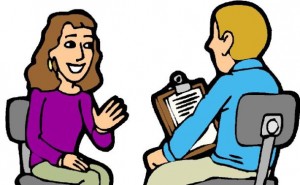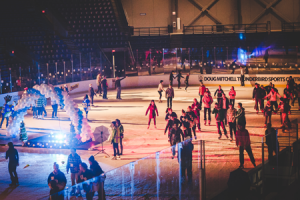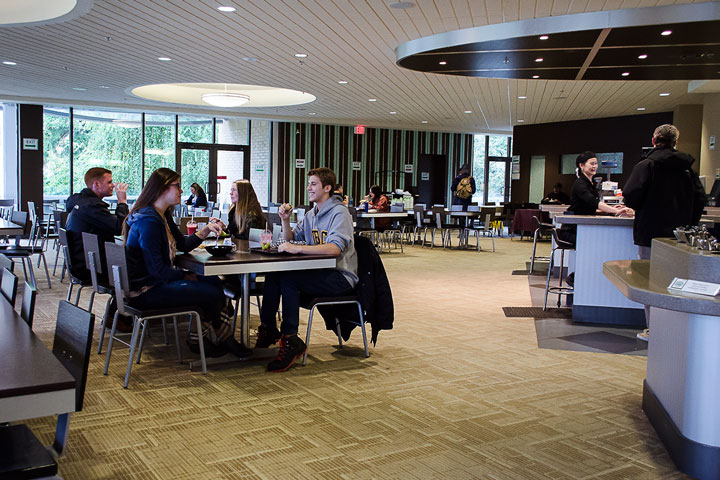By: Ferrina Vora (Resident Advisor-Salish House)
Going for an interview can often be very overwhelming, especially if you haven’t had any experience with one before. Here are some tips on how to prepare and give a great interview!
Dress Code – Figure out what would be appropriate attire to wear to the interview. It may be casual, semi-formal, or even formal. Usually, the interviewer will inform you via email or phone call. However, if they don’t, use your best judgement based on the company/club/organization, or even just ask!
Research – Be knowledgeable and show that knowledge! Know as much as you can about the company and position you are applying for before you head into the interview. Chances are, certain questions will test some of that knowledge, which will in turn effectively indicate your dedication and keenness.
Be on Time – This one is relatively simple. It is very important to be on time! Get there at least 10-15 minutes early. This will show your time management skills and also give you time to get settled and become comfortable with the environment.
Anticipate and practice – Although all interview questions aren’t always predictable, many times the questions can be anticipated. “Why do you want this position?” or “Why do you think you would be a good fit for this position” are often common questions. Anticipate, plan, and practice some of your responses. This will make you less nervous during the interview, and of course, well thought out answers are very impressive.
Don’t be nervous. Be yourself, and keep your professional side in mind! GOOD LUCK!



 Follow
Follow










